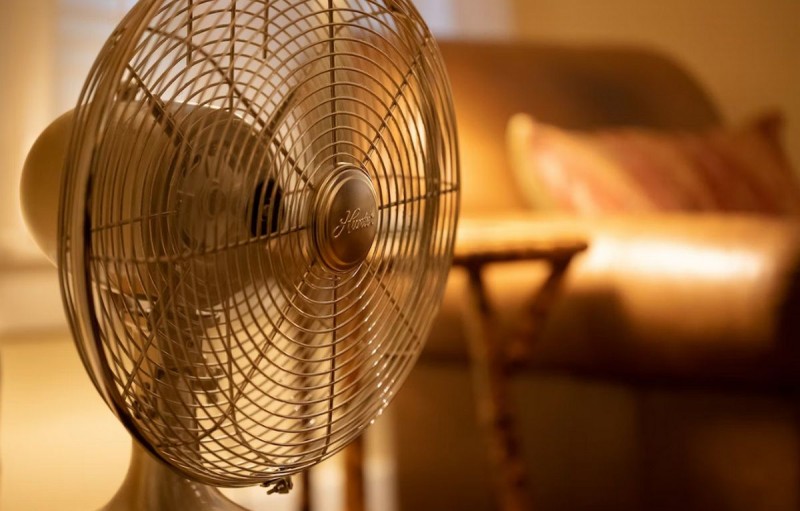
Fans are essential appliances in many households, providing much-needed relief from heat and humidity. They work by circulating air, creating a cooling effect through increased airflow. However, like any electrical device, fans have limits to their continuous operation to avoid overheating and potential damage.
Factors Affecting Continuous Operation
Several factors influence how long a fan can run continuously without overheating:
Fan Type: Different types of fans, such as ceiling fans, pedestal fans, and box fans, have varying capacities for continuous operation. Industrial-grade fans are often designed for longer usage periods compared to residential models.
Motor Quality: The quality of the fan's motor plays a significant role in its ability to withstand continuous use. High-quality motors are typically more durable and heat-resistant, allowing for longer operation.
Ventilation: Adequate ventilation around the fan is crucial for dissipating heat generated during operation. Placing the fan in a well-ventilated area helps prevent overheating.
Ambient Temperature: The ambient temperature of the room affects how hard the fan's motor must work to maintain a comfortable environment. Higher temperatures may cause the motor to heat up more quickly.
Maintenance: Regular maintenance, such as cleaning the fan blades and motor vents, can improve airflow and prevent the accumulation of debris that may hinder cooling efficiency.
Recommended Operating Times
While there is no universal rule for how long a fan can run continuously without overheating, manufacturers often provide guidelines based on the fan's specifications. In general, residential fans are designed to operate for several hours at a time without issues.
For example:
Ceiling Fans: Many ceiling fans are rated for continuous operation and can run for extended periods, including overnight.
Pedestal and Box Fans: These types of fans are typically designed for intermittent use but can run continuously for several hours, especially if they have sturdy motors and proper ventilation.
Tower Fans: Tower fans are commonly used for continuous operation, particularly in office settings or during hot weather spells.
Safety Precautions
While fans are generally safe to use, it's essential to follow safety precautions to prevent overheating and other potential hazards:
Avoid Overloading Circuits: Plugging multiple appliances into the same outlet or circuit may overload it, leading to overheating and potential fire hazards. Use dedicated outlets or power strips with surge protection.
Monitor for Signs of Overheating: Keep an eye on the fan's motor and housing during operation. If you notice unusual noises, excessive vibration, or a burning smell, immediately turn off the fan and unplug it to prevent damage or fire.
Allow Cooling Periods: If using the fan continuously for several hours, consider giving it periodic breaks to cool down. This can help prolong its lifespan and prevent overheating.
Follow Manufacturer Guidelines: Refer to the manufacturer's instructions and recommendations for operating the fan safely and efficiently.
In conclusion, while fans can run continuously for several hours under the right conditions, it's essential to choose a fan suitable for extended use, provide adequate ventilation, and follow safety precautions to prevent overheating and ensure optimal performance.
Special opportunity to go to Darjeeling, say bye-bye to heat, know all the details
Couple romantic activity takes place in Manali, make a plan to go with your girlfriend soon.